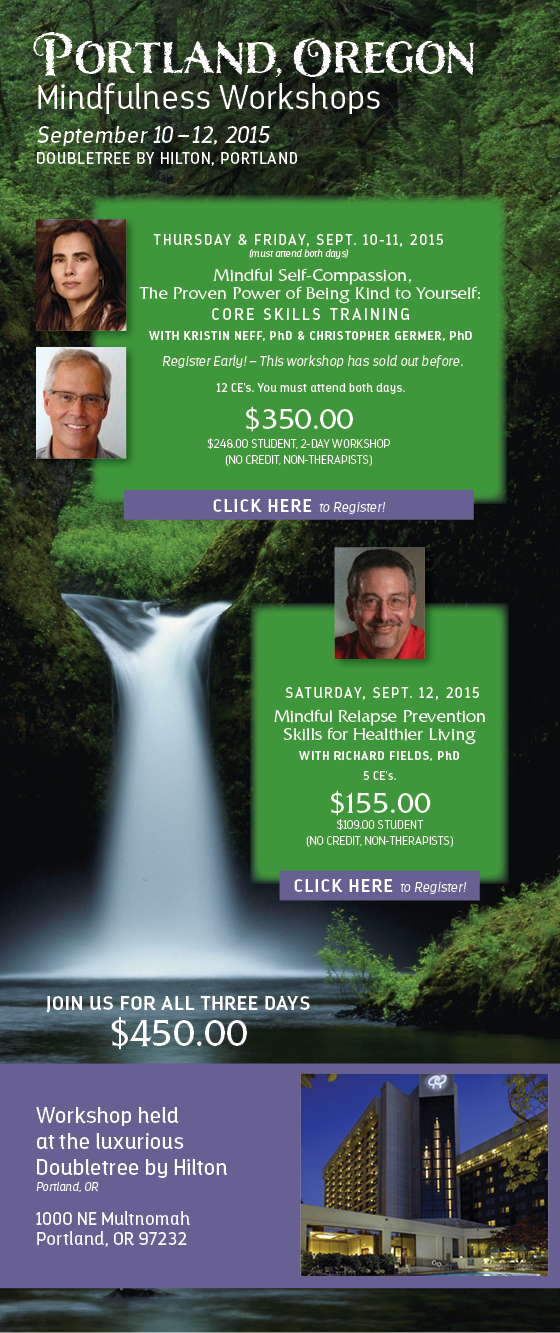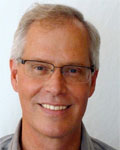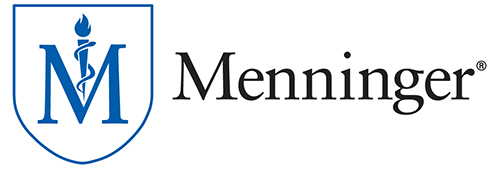Learn new skills and compassion techniques to work with your clients
and improve your life, too.
Earn up to 17.0 CE’s

Rooms at the workshop hotel, DoubleTree by Hilton, are sold out!
We have made arrangements with a nearby hotel, Courtyard by Marriott/Portland Convention Center for workshop attendees.
This hotel is a 7 minute walk to the DoubleTree by Hilton near the Lloyd Center.
Please contact the Courtyard at (503) 234-3200 and ask for the FACES Conferences Rate of $174/night.
There are a limited number of rooms available at this rate.
Book your group rate for FACES Conference
Join us for up to three days of compassion & counseling training, connect with friends, colleagues, and experts in the field.
Special Portland Workshops
September 10-12, 2015
Mindful Self-Compassion: Core Training Skills
With Kristin Neff, Ph.D. & Christopher Germer, Ph.D.s
AGENDA-Thursday & Friday, September 10 & 11, 2015
from 9:00-4:45 pm (12.0 CE’s)
Participants of this two-day workshop will learn the core skills of the 8-week Mindful Self-Compassion (MSC) training, an empirically-supported program designed to cultivate self-compassion using meditation, daily life practices, lecture, group exercises and discussion. Self-compassion is an emotional skill that can be learned by anyone. Rapidly expanding research clearly demonstrates that self-compassion is related to emotional well-being, lower anxiety and depression, maintenance of healthy habits such as diet and exercise, and more satisfying personal relationships.
This workshop will provide essential tools for your client or yourself to treat themselves in a respectful, compassionate way whenever they suffer, fail, or feel inadequate.
Learning Objectives
- Identify the three key components of self-compassion
- Describe key research that supports the benefits of self-compassion
- Practice techniques to increase self-compassion in everyday life
- Motivate yourself with kindness rather than self-criticism
- Use self-compassion to prevent caregiver fatigue
Our Faculty:We are fortunate to have the developers of Mindful Self-Compassion (MSC), Christopher Germer, Ph.D. and Kristin Neff, Ph.D., leading this 2 day training.

Kristin Neff is currently an Associate Professor of Human Development and Culture at the University of Texas at Austin. She is a pioneer in the field of self-compassion research, conducting the first empirical studies on self-compassion over a decade ago. In addition to writing numerous academic articles on the topic, she is author of the book Self-Compassion, released by William Morrow in 2011.

Christopher Germer is a clinical psychologist in private practice in Arlington, Massachusetts, specializing in mindfulness and compassion-based psychotherapy. He is a founding member of the Institute for Meditation and Psychotherapy, a clinical instructor in psychology at Harvard Medical School, author of The Mindful Path to Self-Compassion, and co-editor of Mindfulness and Psychotherapy and Wisdom and Compassion in Psychotherapy: Deepening Mindfulness in Clinical Practice. Dr. Germer lectures and conducts workshops internationally on the art and science of mindful self-compassion.
Quieting the Hungry Ghost:
Self-Compassionate & Mindful Relapse Prevention for Healthy & Unhealthy Habits
With Richard Fields, Ph.D.
AGENDA- Saturday, September 12, 2015
from 9:30 am-4:00 pm (5.0 CE’s)
- 9:30-11:30 am Relapse Prevention
- 12:45-2:15 pm Mindful Skills
- 2:30-4:00 pm Compassion Skills
Understand the major causes for relapse and learn the core compassion & mindfulness skills to prevent relapse from healthy habits (diet, exercise, relationships) and relapse to unhealthy habits (alcohol/drug abuse, excessive eating, over spending, etc.).
Buddhist cosmology describes unhealthy compulsions/obsessions as “the land of the Hungry Ghost”, where people have urges and large appetites that are unable to be quenched or satisfied. Buddhism also describes addiction as a “false refuge”, a delusional place to try to hide and escape from being present, with both the joy and pain in life.
Alcohol/drug relapse, as well as relapse from healthy eating, exercise, etc. is often met with confrontation, blame, shame, criticism, and loathing by self and others.
This workshop demonstrates a self-compassionate and mindful approach to maintaining healthy habits and recovery from unhealthy habits. Learn how to use self- compassion and mindfulness skills to reduce reactivity, shame, and increase your circle of compassionate and mindful support.
You will learn to:
- Identify the key elements of lapses and relapses
- Identify the causes (etiology) for clients unhealthy habits
- Develop self-compassion and mindfulness skills to prevent relapse, and motivate healthy habits
- Identify the role of compassion and mindfulness in reducing reactivity, shame, and disconnection implement positive psychology and learned optimism to maintain motivation, and hope
- Develop skills in interpersonal relationships by focusing on quieting reactive emotions – anger, criticism(blame), and patience
- Identify skills to deal with stress, vulnerability, temperament, and self-defeating behaviors
- Apply mindfulness in overcoming denial/delusion, grasping, and resistance
- Use self-compassion, meditation, and guided meditations to help with relapse prevention
- Expand your “circle of compassion”

For over thirty years Richard Fields, Ph.D. had an outpatient private counseling practice, specializing in alcohol/drug recovery and relapse prevention. He is the author of Drugs in Perspective, a college textbook, 8th edition. Richard is also the owner/director of FACES Conferences, Inc.






